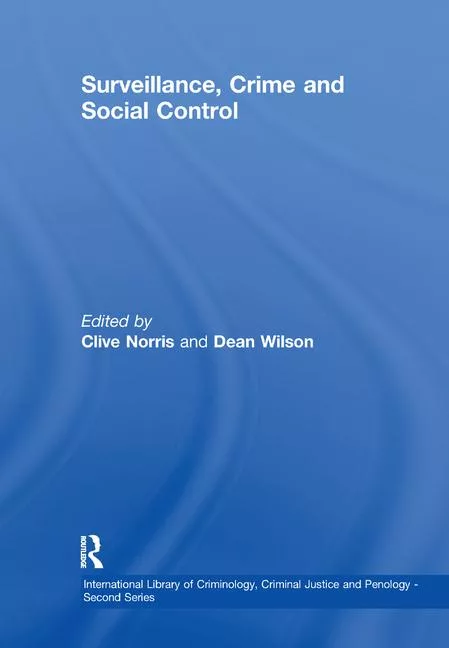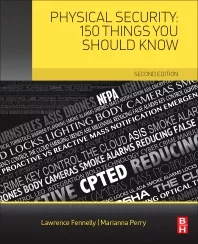U.S. Unveils Anti-Transnational Crime Plan
A U.S. plan that includes freezing assets of international gangsters, drug traffickers and other criminals seen as U.S. security threats was unveiled Monday.
President Obama issued an executive order authorizing the seizures, part of a new effort by the administration to crack down on international criminal networks, including the Japanese Yakuza, the Camorra from Naples, Mexico's Los Zetas and the Brothers' Circle, largely in former Soviet bloc countries.
The administration also said it would intensify intelligence collection efforts to take transnational organized crime from a national security threat down to a "manageable public safety problem."
"Our strategy is clear in purpose and intent," John Brennan, assistant to the President for Counterterrorism and Homeland Security, said during a news conference on the effort.
Part of the strategy is meant to assist the U.S. government in battling transnational crimes, as well as invite enhanced international cooperation, administrative officials said.
An assessment of transnational organized crime in 2010 concluded the networks were proliferating, "striking new and powerful alliances and engaging in a range of illicit activities as never before," the White House said in a background document.
The five-point strategy includes:
-- Protecting Americans and U.S. partners from "harm, violence, and exploitation" of transnational criminal networks.
-- Helping U.S. partners strengthen their governance and transparency by breaking the corruptive power of transnational criminal networks, and cutting state-crime alliances.
-- Breaking the economic power of transnational criminal networks and protect strategic markets and the U.S. financial system from the networks' penetration and abuse.
-- Defeating transnational criminal networks that pose the greatest threat to national security by targeting their infrastructures, depriving them of their enabling means, and preventing the criminal facilitation of terrorist activities.
-- Building international consensus, multilateral cooperation and public-private partnerships to defeat transnational organized crime.
"
Looking for a reprint of this article?
From high-res PDFs to custom plaques, order your copy today!





